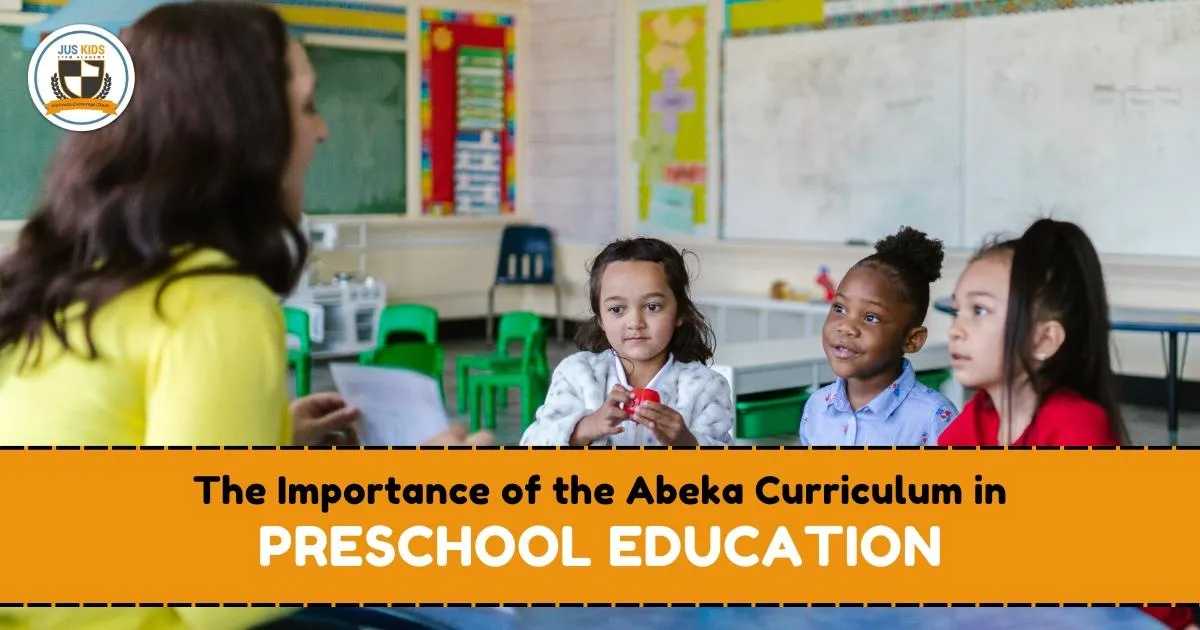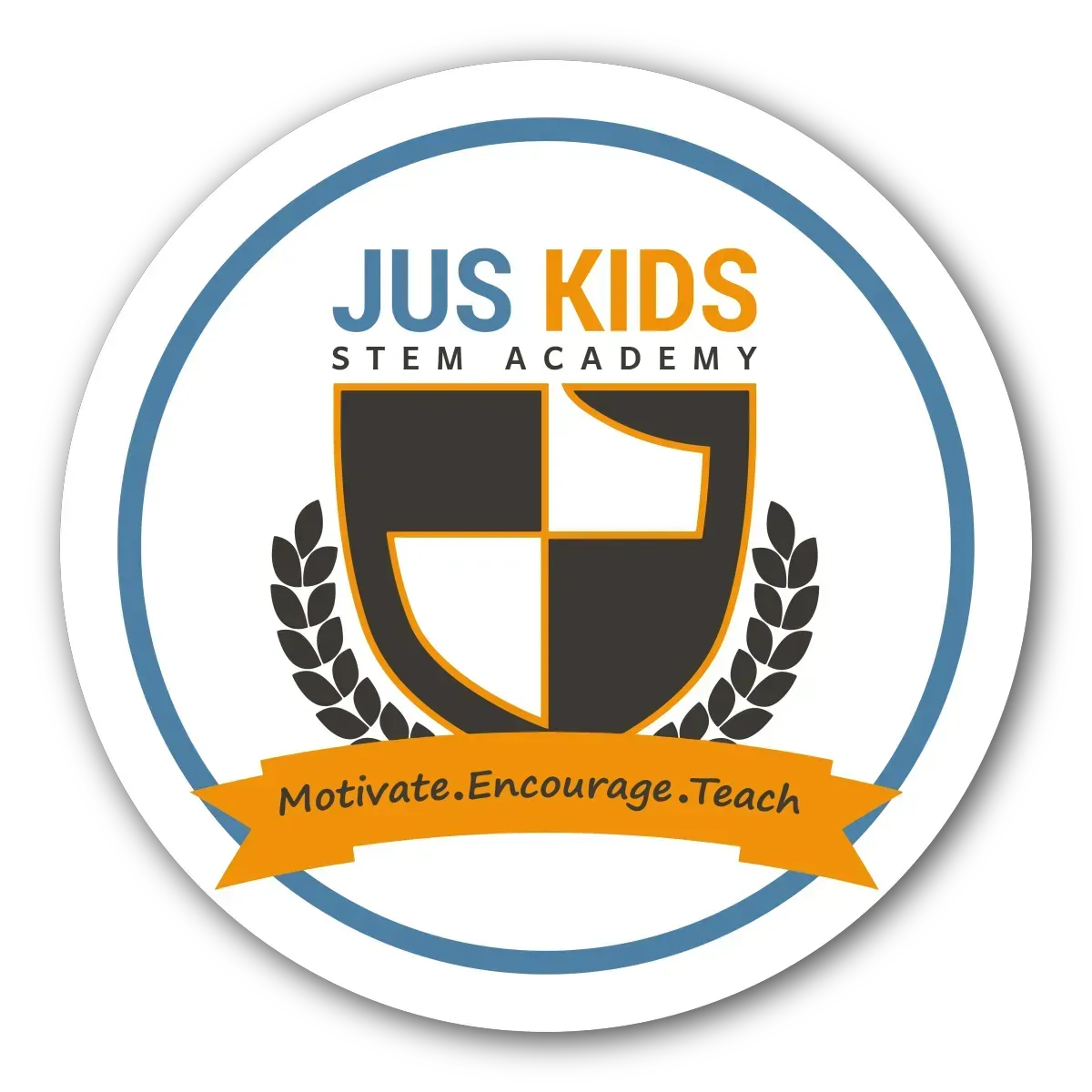
What Is the Abeka Curriculum in Preschools and Its Value?
Your preschooler is soaking up the world like a sponge, but are they soaking up the right stuff?
Preschool isn’t just about snacks, songs, and finger painting. It’s about laying the foundation for how a child learns, thinks, and sees themself in the classroom. Now, picture this.
A preschool teacher hands your child a colorful Bible-based workbook. They start tracing letters, learning phonics, and connecting stories with meaning. They’re engaged, smiling, and building real knowledge, not just busywork. That’s the everyday experience in a classroom using the Abeka curriculum.
So if you’ve ever asked yourself, “What is the Abeka curriculum in preschools?”, you’re not alone, and it might be the answer you’ve been looking for. Let’s break down why so many parents and educators are talking about it and why it could make all the difference in your child’s learning journey.
What Is the Abeka Curriculum in Preschools?
The Abeka curriculum is a structured, Christian-based educational system developed to help children learn with purpose. For preschools, this means more than just ABCs and 123s. It combines phonics-based reading, writing, early math, Bible lessons, and character-building activities in a format that’s both age-appropriate and academically solid.
But here’s the thing. It’s not just a bunch of worksheets. Abeka builds knowledge in a way that sticks. It’s sequential, logical, and intentional, helping preschoolers move from simple concepts to deeper understanding. Children don’t just memorize; they learn.
So when parents ask, "What is the Abeka curriculum in preschools?, they’re asking, “Will this help my child grow academically and emotionally?” Short answer: yes.
Why Preschool Curriculum Even Matters
Let’s be honest. When your child is three or four, it’s tempting to think they’ve got plenty of time before real learning starts. But early education is more than cute crafts and snack time. Research shows that by age five, a child’s brain is already 90 percent developed. That means the preschool years count—a lot.
And not all curricula are created equal. Some are loose and flexible, which sounds great, but can leave big gaps in early learning. Others might focus only on academics, ignoring values and emotional growth.
This is where the Abeka curriculum's importance shines. It’s structured but loving, academic but engaging, and grounded in values that guide kids beyond the classroom.
Structure That Builds Confidence
Think back to when you learned to read. Did you just pick up a book and magically understand it? Probably not. You followed a sequence: letters, then sounds, then blending words.
Abeka gets this. It introduces letters through phonics first, building reading skills in a way that makes sense to young minds. Kids aren’t rushed, but they’re also not left behind.
This structure creates confidence. When children start to “get it,” they want to keep learning. And that confidence spills over into everything else they do, from math games to group activities to singing during circle time.
That’s why the Abeka curriculum's importance isn’t just about academics. It’s about how kids feel about learning itself.
Faith-Based Learning Without Pressure
You might be wondering, Do I have to be super religious for Abeka to make sense for my family? The answer is no.
Abeka is built on Christian values, but it’s not preachy. It introduces Bible stories, kindness, respect, and gratitude as part of everyday learning. For many families, it’s a welcome addition. It weaves positive character traits into academic content in a natural, age-appropriate way.
For example, a reading activity might involve a story about sharing. A math game might include examples like giving food to a friend. It’s not about doctrine. It’s about helping kids see the bigger picture of kindness and responsibility.
At Just Kids Academy, we bring the Abeka curriculum to life by blending kindness and gratitude into fun, everyday lessons that kids naturally connect with.
Real-Life Learning in Small Moments
Imagine your child coming home from preschool and pointing at a stop sign, shouting, “S!” That’s not a coincidence. That’s Abeka’s approach at work.
The curriculum doesn’t teach in isolation. Letters are everywhere. Numbers are part of play. Colors and shapes show up in snack time and songs. Kids don’t even realize they’re learning because it feels natural. They’re building connections between the classroom and the real world, and that’s where real learning happens.
This is another reason the Abeka curriculum's importance stands out. It teaches kids how to learn, not just what to learn.
Developing Social and Emotional Intelligence
Ever seen a preschool meltdown over sharing a toy? Yeah, us too.
Preschool isn’t just about getting ready to read. It’s about learning to handle feelings, follow directions, and be part of a group. And while academics get a lot of attention, social-emotional skills are just as important.
Abeka includes structured group activities, guided play, and character-building lessons to help children understand emotions and practice empathy. The consistency in routine helps children feel secure, while the values-based approach promotes self-control and kindness.
This is where the Abeka difference shows. It’s not just ABCs and 1-2-3s. It’s about helping kids become kind, confident people.
A Curriculum That Grows With Your Child
One of the perks of choosing Abeka is that it doesn’t stop at preschool. The curriculum continues through elementary and even high school, following the same structured, values-based model.
That means if you like what your child is learning in preschool, you can continue with the same educational philosophy for years. There’s no need to “start over” or adjust to a whole new system. That kind of consistency is rare, and it matters.
So when we talk about what the Abeka curriculum is in preschools, we’re also talking about long-term learning. It’s a foundation, not just a phase.
Engaging Without Screens
Here’s a parenting dilemma we all face. How do you keep your preschooler engaged without handing them a tablet? Abeka’s activities are hands-on and paper-based. That means more drawing, tracing, building, and moving, and less time glued to a screen.
And let’s face it, screens aren’t going away. But limiting their role in early learning helps kids develop better attention spans, fine motor skills, and deeper critical thinking. Abeka brings back the joy of tactile learning, and kids love it.
Teacher-Tested and Parent-Approved
Want proof that it works? Just ask the teachers who use it or the parents who’ve seen results. The curriculum has been refined over decades, and its success is visible in the classrooms that use it.
Teachers appreciate that it’s easy to follow, consistent, and age-appropriate. Parents love that their kids come home excited about learning and growing in both academics and character.
Here at Just Kids Academy in Los Angeles, we’ve seen firsthand how the Abeka curriculum helps children thrive. It gives our teachers the tools to teach and our students the tools to grow academically, emotionally, and spiritually.
Final Thoughts
By now, you can probably answer the question What is the Abeka curriculum in preschools? Better than most. But here’s the deeper truth. It’s not just a curriculum. It’s a philosophy of education that sees your child as a whole person.
They’re not just future students. They’re future thinkers, helpers, doers, and dreamers. And Abeka gives them a foundation built on knowledge, values, and love for learning.
So whether your child is scribbling their first letters or asking their first big questions, the Abeka curriculum's importance goes far beyond the classroom. It’s a smart, structured, heart-centered way to help them grow.
Ready to See the Difference for Yourself?
At Just Kids Academy, we proudly use the Abeka curriculum to give our preschoolers the strongest start possible.
FAQs
1. How does the Abeka curriculum support different learning styles?
Abeka incorporates visual, auditory, and hands-on activities to engage children with various learning preferences. It helps each child grasp concepts in the way that suits them best.
2. Is the Abeka curriculum flexible for children who are ahead or need extra support?
Yes. While structured, the curriculum allows teachers to adjust pacing based on individual student needs, offering extra practice or enrichment where needed.
3. Can non-religious families use the Abeka curriculum?
Yes. While it includes Christian principles, many families appreciate the focus on values, structure, and early academic skills.
4. Does the Abeka curriculum use screens or digital tools in preschool?
Not typically. It focuses on hands-on, paper-based learning to support fine motor skills and reduce screen time for young kids.
